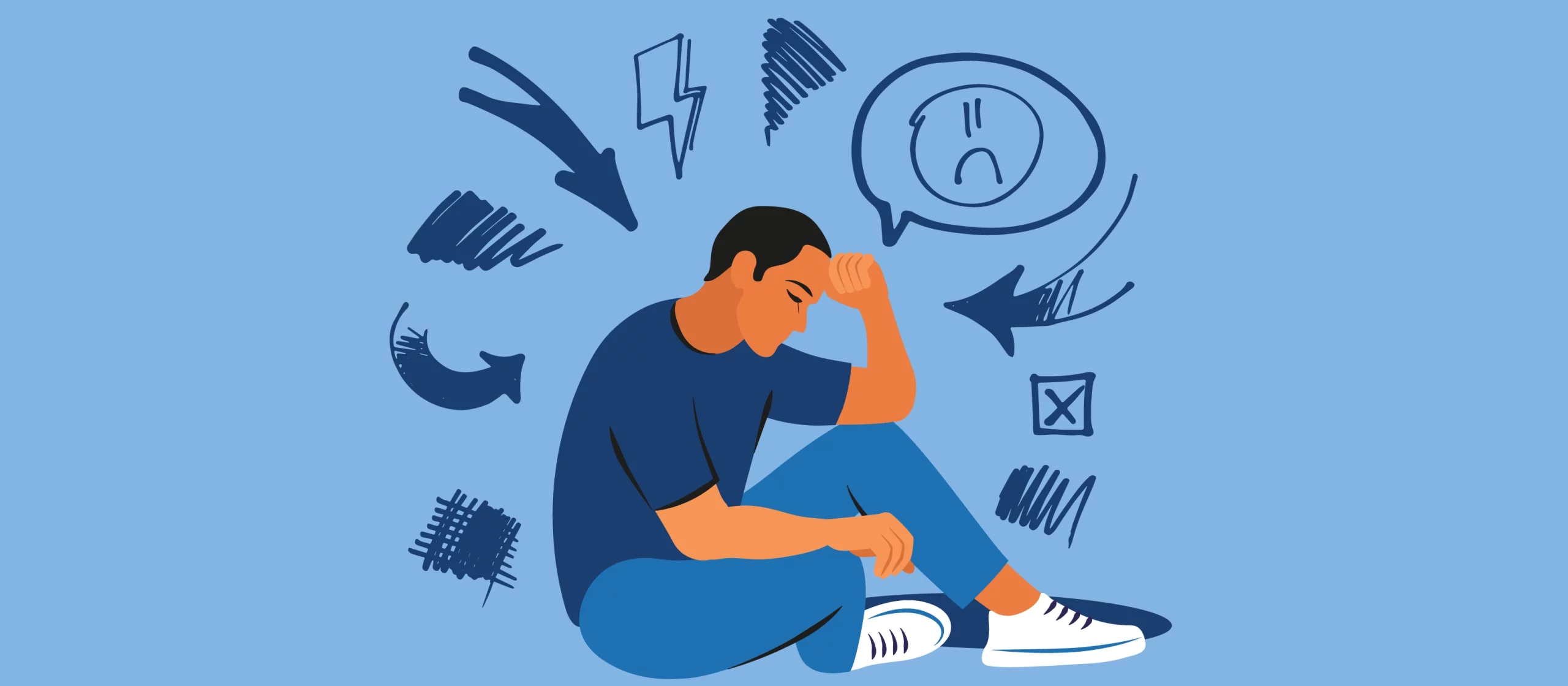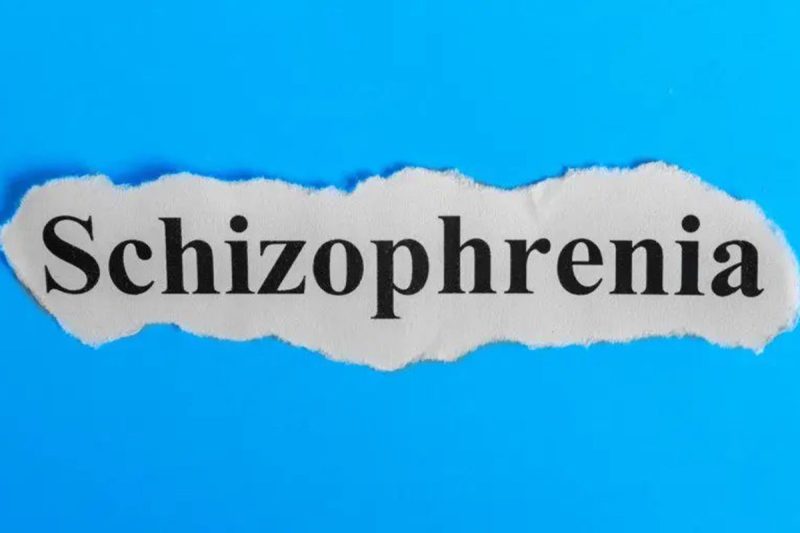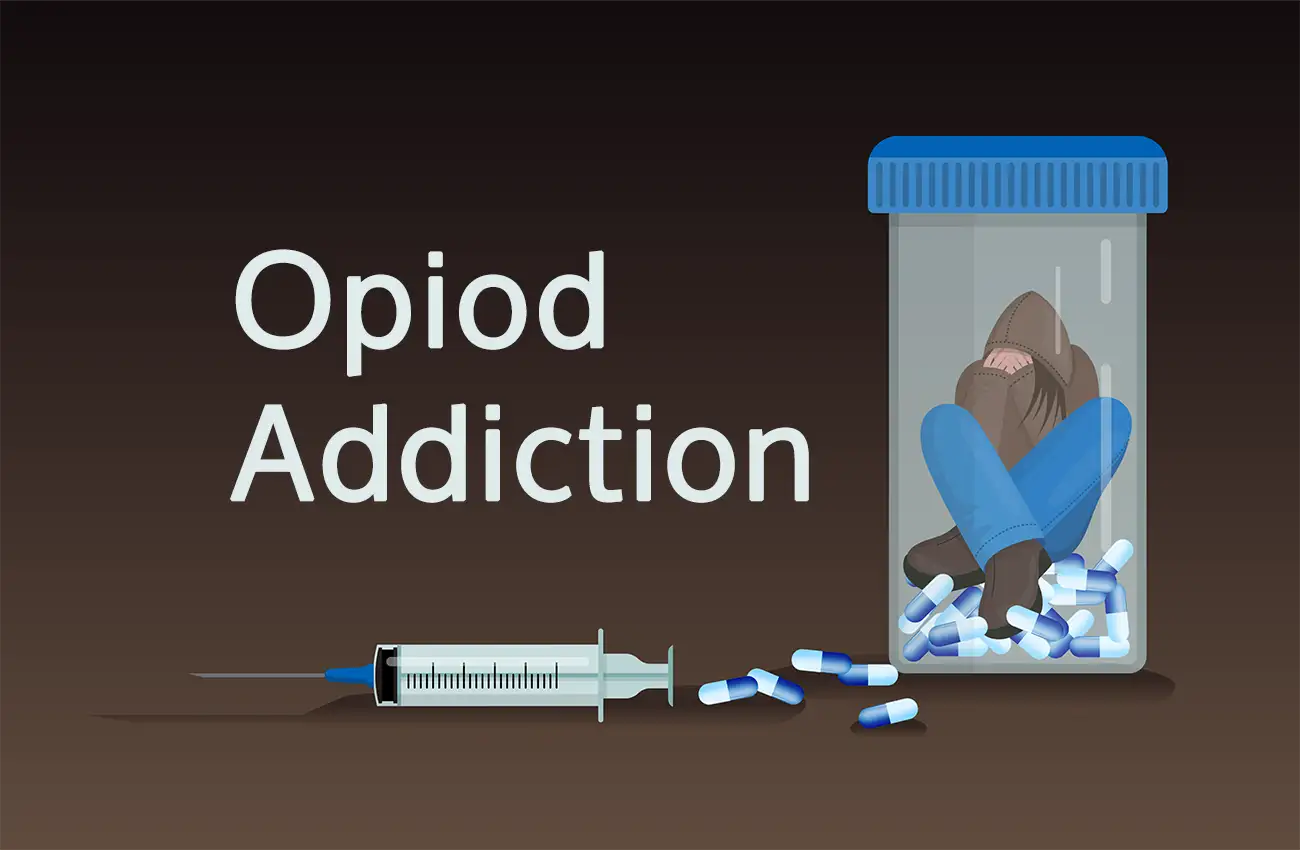Schizotypal Personality Disorder SPTD:
Personality shapes how we perceive the world, form relationships, and express ourselves. When
certain traits become rigid, unusual, and impair daily functioning, they may fall under a
personality disorder. One such condition is Schizotypal Personality Disorder (STPD) — a
fascinating but often misunderstood mental health condition.
What Is Schizotypal Personality Disorder :
Schizotypal Personality Disorder is a Cluster A personality disorder (odd and eccentric group)
recognized by the Diagnostic and Statistical Manual of Mental Disorders (DSM-5). People with
STPD display persistent patterns of:
Social and interpersonal difficulties
Cognitive or perceptual distortions
Eccentric behaviour.
Unlike schizophrenia, people with STPD do not usually experience full-blown psychosis, though
they may have unusual beliefs or perceptual experiences.
Key characteristics of STPD:
According to DSM-5, individuals with STPD exhibit at least five or more of the following
features:
- Ideas of Reference
Believing neutral events or casual remarks relate directly to them. - Odd Beliefs or Magical Thinking
Belief in telepathy, clairvoyance, or other unusual phenomena inconsistent with cultural
norms. - Unusual Perceptual Experiences
Such as sensing a person’s presence when alone or hearing faint voices. - Odd Thinking and Speech
Vague, metaphorical, or overly elaborate speech patterns. - Suspiciousness or Paranoia
Distrust or misinterpretation of others’ intentions. - Inappropriate or Constricted Affect
Limited or odd emotional responses. - Eccentric Appearance or Behaviour
Unconventional dressing, mannerisms, or rituals. - Lack of Close Friends
Outside of immediate family. - Excessive Social Anxiety
Persistent, not easing with familiarity; often linked to paranoid fears rather than selfconsciousness.
How it Differs From other Disorders:
Versus Schizophrenia: STPD lacks sustained delusions, hallucinations, and
significant functional decline. Psychotic episodes (if any) are brief and transient.
Versus Paranoid Personality Disorder: While both involve suspiciousness,
STPD includes perceptual distortions and eccentricity.
Versus Autism Spectrum Disorder (ASD): ASD’s social deficits stem from
developmental differences, not distorted perceptions or magical thinking.
Cause and Risk Factors:
Research suggests a combination of genetic, neurobiological, and environmental factors:
Genetics: STPD is more common among relatives of people with schizophrenia.
Brain differences: Subtle abnormalities in brain structures and neurotransmitter
systems.
Childhood adversity: Emotional neglect, trauma, or unstable caregiving can
increase vulnerability.
Impact on Daily life:
STPD can affect:
Relationships: Difficulty forming and maintaining friendships or romantic
partnerships.
Employment: Social anxiety, eccentricity, or misinterpretation of co-workers’
actions may impair work performance.
Mental Health: Higher risk of depression, social withdrawal, and occasional brief
psychotic episodes under stress.
Treatment Options:
While STPD can be challenging, many people benefit from support:
1.Psychotherapy
Cognitive Behavioural Therapy (CBT): Helps challenge distorted beliefs and
develop social skills.
Supportive Therapy: Builds trust, emotional regulation, and interpersonal
confidence.
Social Skills Training: Reduces isolation and anxiety in social settings.
2.Medication
No drug specifically treats STPD, but psychiatrists may prescribe:
Antipsychotics (low dose) for transient psychotic-like symptoms.
Antidepressants for co-occurring depression or anxiety. - Psycho educational and Family Support
Helping family members understand the disorder fosters empathy and effective support.
Living with Schizotypal Personality :
With early diagnosis, ongoing therapy, and a supportive environment, individuals with STPD
can:
Improve social functioning.
Reduce distressing symptoms.
Build a meaningful and productive life.
Self-help strategies such as mindfulness, journaling, and gradual exposure to social situations
may also enhance daily functioning.
Conclusion:
Schizotypal Personality Disorder is not “schizophrenia lite” — it’s a distinct condition blending
unusual thoughts, social anxiety, and eccentricity. Recognising and understanding STPD helps
reduce stigma and opens pathways for compassionate care.
Mental health professionals, families, and communities all play a vital role in supporting people
with STPD to lead fulfilling, connected lives.
Blog by :Safe Care Trust International









